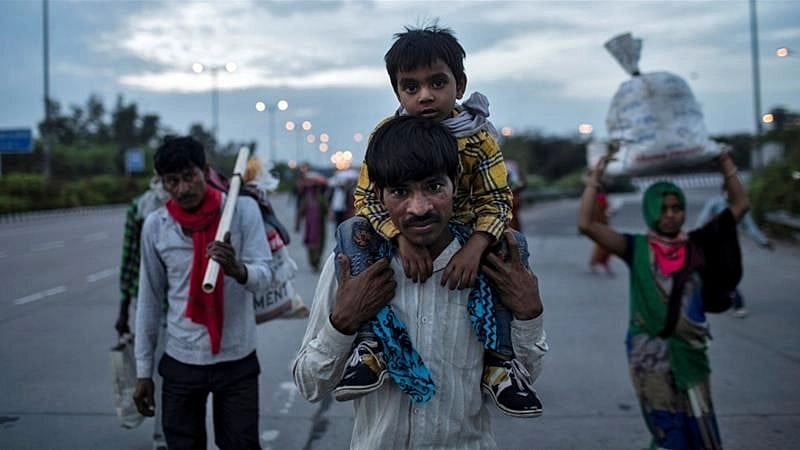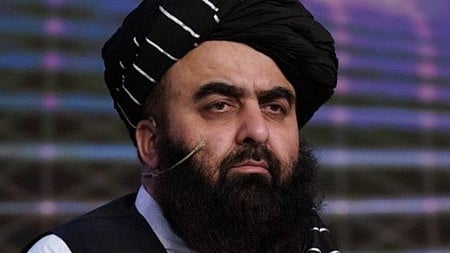The most awaited result in Indian electoral history has finally established that voters can’t be taken for granted. The voters have also sent a strong signal that in the short run they might tilt towards one kind of a political formation but in the end it is real issues that determine the fate of a leader and political parties.
The result is a personal jolt to not only the prime minister but also to the Delhi Chief Minister and AAP supremo Arvind Kejriwal. The AAP rhetoric fell flat. Yet again AAP has failed to open its account in Delhi. This had happened in 2014, and also in 2019. It is strange that in 2019, it was the Congress which was the number two party with 22% votes and AAP was third in the pecking order with 18% votes. When AAP entered into an alliance with the Congress in Delhi, there was buzz about whether together they might create a major upset. AAP leadership was smug in the belief that it might snatch two to three seats from the BJP.
The AAP needs to introspect why despite winning Delhi Assembly seats with a huge margin, it has not taken seriously in the Lok Sabha elections. AAP’s Delhi story was more or less replicated in Punjab. Despite winning the assembly election with an unprecedented mandate -- 92 out of 117 seats in 2022 -- AAP has done badly this time. The Congress, which was decimated in assembly election, has emerged stronger, winning 7 LS seats out of 13. The Congress had done well in 2019 too when it managed to win 8 seats.
AAP’s performance, surprisingly, was worse than that in 2019 when it could get only 7% vote share and win only one seat in Sangrur. In Punjab, the AAP fought separately, unlike in Delhi. The Congress and the AAP were at loggerheads in the state. The BJP made fun of AAP and the Congress for being in alliance in Delhi and fighting separately in Punjab. It was called hypocritical and opportunistic as both were members of the INDIA formulation. AAP winning less than the Congress further proves that in general perception AAP is not seen as a national player.
AAP was hopeful that Kejriwal’s arrest might generate sympathy wave for the party, in both the states. This argument was further strengthened once Supreme Court unexpectedly decided to give interim bail to Kejriwal so that he could campaign for his party. Since his arrest, AAP tried to build a narrative that AAP and Kejriwal had been victimised for standing up to the Prime Minister Modi. AAP launched a massive campaign – ‘Jail ka badla vote se.’ Now, it is clear it did not work. Even Sunita Kejriwal, Arvind Kejriwal's wife, failed to evoke any sympathy for the party.

One can argue that the Swati Maliwal episode damaged AAP’s reputation. But, in my opinion, it was not going to work in national election as AAP is not considered a national player. But, yes, it would have worked if Delhi assembly election had happened. From this, it can be deduced that AAP should concentrate its energy on state elections. People still consider it a regional player and it has the potential to break new ground in Gujarat and Haryana, if it plans astutely and show some seriousness. AAP has to evolve a cohesive national strategy; it has to show it has a national perspective. Nobody knows what AAP’s stand is on many national issues. Since its inception, it has deliberately skirted national issues; it has preferred brinkmanship and guerrilla warfare.










